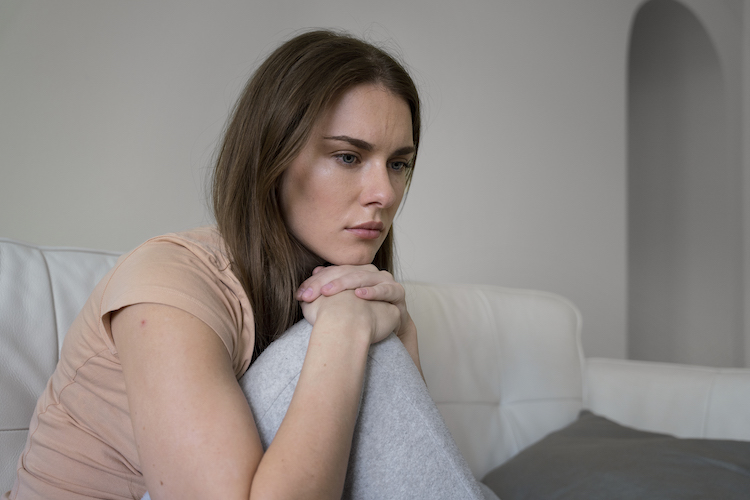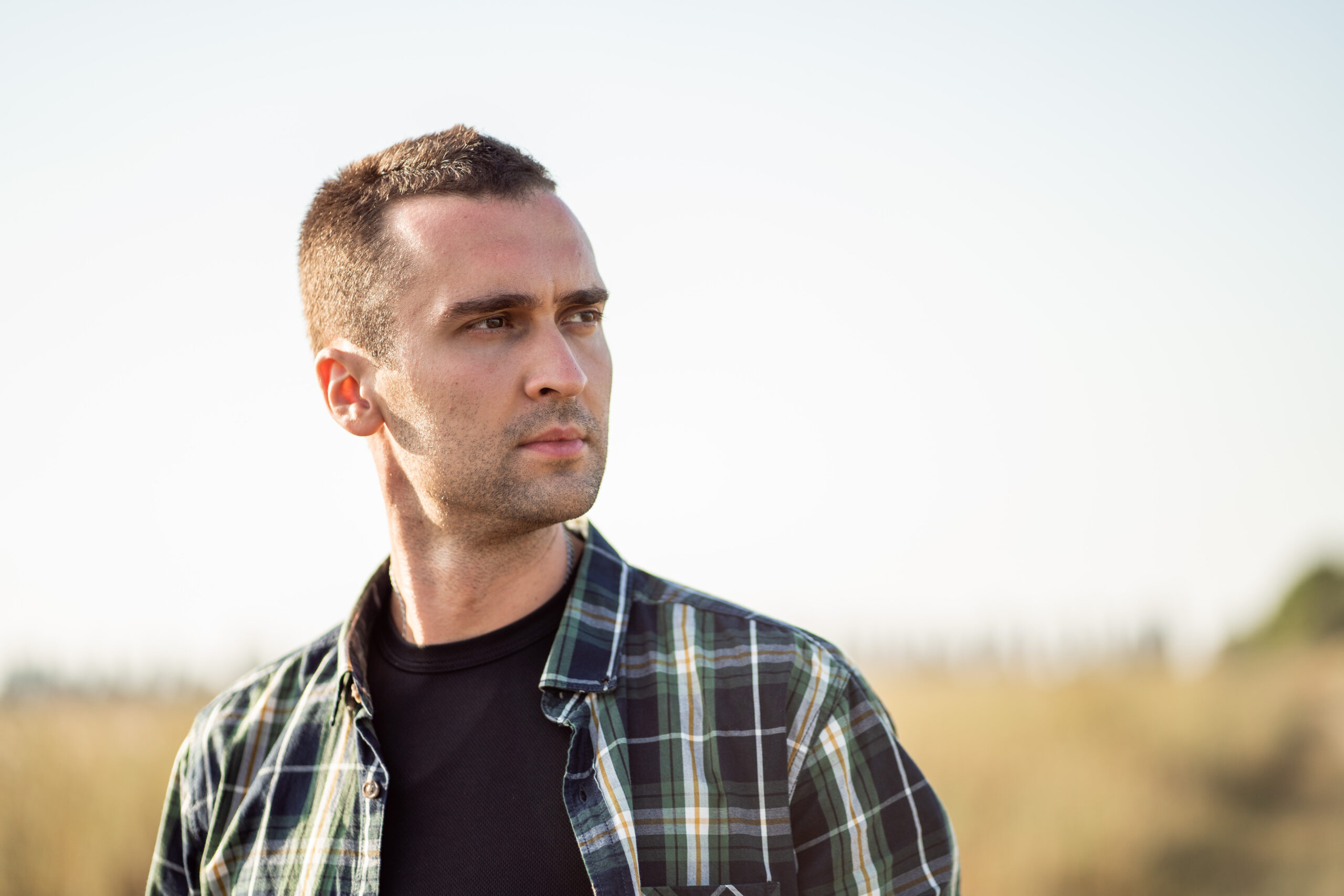Services
- Home
- Mental Health
- Who We Treat
- How We Treat
- Patients & Visitors
- About
- Lexington
close
Tanya sat in a college dorm room with a bottle of benzodiazepines she stole from her roommate one night. It wasn’t the first time she had done this. Her roommate would refill the bottle when she needed the pills, believing she had misplaced it. However, something about this time felt different. The cravings were taking hold, but some part of her didn’t want to take them. She felt like she was in crisis because she was torn – should she take them to feel better, or should she finally step into recovery? She poured the pills into her hand and told herself this would be the last time because surely nobody was open at this time of night, and she needed help.
Tanya isn’t the only one to experience these feelings before seeking treatment. In 2020, in Kentucky, 11.08% of people used benzodiazepines. SUN Behavioral Kentucky offers a crisis care service that is 24/7. This allows people to receive care at any hour of the day or night. We know that the decision to get help does not always happen at the most convenient time, and your mind might change before you can get to your first appointment. So, what will benzo addiction treatment look like once you arrive at our facility?
Receiving benzodiazepine treatment is often a big step for those who have been using benzodiazepines regularly for many years. Many people don’t know what the first step will even look like for them. They might not be able to see into the future past benzodiazepines right now.
Treatment can help you discover and achieve your dreams and goals that you have for yourself. The length of time that you will spend on any treatment option will depend on your treatment plan and how much care you need. At SUN Behavioral Kentucky, we can help you navigate that journey to recovery from benzodiazepines. We accept Medicaid, Medicare, private, and commercial pay insurance.
Benzodiazepine withdrawal is a normal process in recovering from a benzodiazepine use disorder. Your body has become used to benzos, naturally removing them from its system. However, because it has developed a substance dependence, it wants more, resulting in withdrawal symptoms when you don’t take the medication.
These symptoms typically start within 24 hours and may last several days to a few months depending on how long you’ve taken them and how much you have taken. While these symptoms are generally not life-threatening, it is still essential to have a medical professional monitor your systems to prevent any complications from occurring. Some symptoms that can occur during benzodiazepine withdrawal include:
During partial hospitalization (PHP), you will receive a more intensive treatment program to prevent full hospitalization. You will come to our facility during the day and be able to go home at night. During the day, you will attend 5 group therapy sessions every day for 5 days a week. You will also meet with a team of psychiatrists who will manage your medications. During the group sessions, you will focus on a variety of therapies. These include a wellness recovery action plan (WRAP), cognitive behavioral therapy (CBT), and other coping skills training. During WRAP, you will learn and understand wellness techniques that will help you prevent a return to use. CBT is great for helping you learn how to manage and recognize your thought patterns. You will be able to change unhealthy thinking patterns into healthy ones.
The next step down from PHP is an intensive outpatient program (IOP). You will still be provided with support and structure, but it leaves more freedom in your day than PHP. Instead of 5 group sessions every day for 5 days a week, you will participate in 3 sessions every day for 5 days a week. These sessions will continue your work through CBT and WRAP, but you will also attend a daily process group to help you work through any current issues.

Don't let benzodiazepine dependence make you suffer any longer. Call SUN for help.
Everyone who comes to our facility will be assessed through a personalized course of action to help our specialists know what you need for your care. There are a few other components that you can expect when you receive treatment at SUN Behavioral Kentucky. Your treatment will take place in a trauma-informed environment with trauma-informed staff. You will participate in group psychotherapy and meet with psychiatrists and nurse practitioners. Connections with support groups that include 12-step groups will also be available to you. You will also learn skills from stress management, life skills development, mindfulness, and CBT. You will also be able to participate in yoga and physical wellness. By the time you end your treatment with us, you will have also completed aftercare planning for continued recovery.
Benzodiazepines are a medication that is used to relieve anxiety or muscle spasms. However, they can also be used illicitly. Those with a benzodiazepine use disorder often take the substance orally, or they might crush it and snort it to receive a high. It can also be used to enhance euphoria with other substances. People who use benzodiazepines might use someone else’s prescription, take benzodiazepines for a purpose other than prescribed, or take it differently than prescribed; this includes taking more than prescribed to feel euphoria or calm. People who use benzodiazepines in this way might also experience dizziness, forgetfulness, slowed breathing, and loss of motor coordination.

While genetics can play a role, there are some other reasons someone might develop a benzodiazepine use disorder. For example, someone might develop a benzodiazepine addiction because of the friends that they have. If a friend is using benzodiazepines, you have a higher chance of also using benzodiazepines. Stress, depression, and anxiety can also play a role in the development of this disorder. Relief from trauma can also result in someone using benzodiazepines. If you were exposed to benzodiazepines at a young age, you might be more likely to use them more often and for a longer time, resulting in a benzodiazepine use disorder.

Knowing that you need treatment in the first place can be challenging. Many people don’t want to ask for help every day. It is a normal human reaction to think that you can do something on your own. But remember, getting help is the bravest and strongest thing you can do. So, how can you know if you need to get help for a benzodiazepine use disorder?
One of the ways is if you find yourself experiencing withdrawal symptoms when you have gone without benzodiazepines, especially if they are associated with intense cravings. You might also need help if there is a drop in your work or school performance associated with your benzodiazepine use. Lying or stealing from loved ones and related to benzodiazepines can also be a sign that seeking treatment can be helpful for you. Lastly, if you’re misusing a prescription by taking more than your doctor prescribed or cannot follow your doctor’s instructions and run out of your medication early, it’s time to look into your addiction treatment options.
There are several signs to look out for if you believe a loved one is using benzodiazepines. They might lie or steal from you. They might have mood changes or try to hide their use. They might try and get ahold of benzodiazepines from friends, family, or doctors.
Benzo withdrawal is an uncomfortable experience. It involves several withdrawal symptoms including intense cravings. These symptoms can include headaches, nausea, sweating, and tremors.
Seeking treatment can be overwhelming at first. People don’t always know what to expect or what it will involve, and it can seem like you need all the answers first. SUN Behavioral Kentucky is dedicated to meeting our communities in Erlanger, KY. This includes providing no-cost care assessments that help people understand their treatment before they begin the process. If you have any questions about benzodiazepine use disorder or are ready to start your journey to recovery today, call us at 859-429-5188.